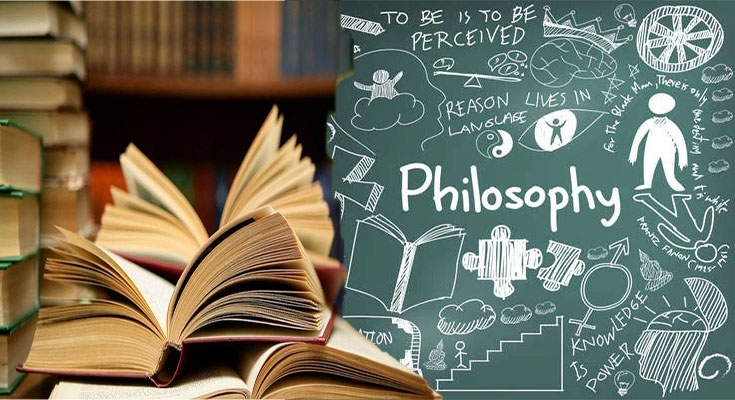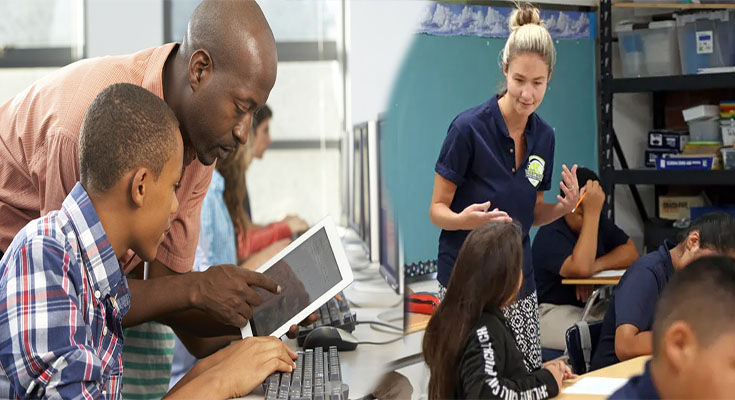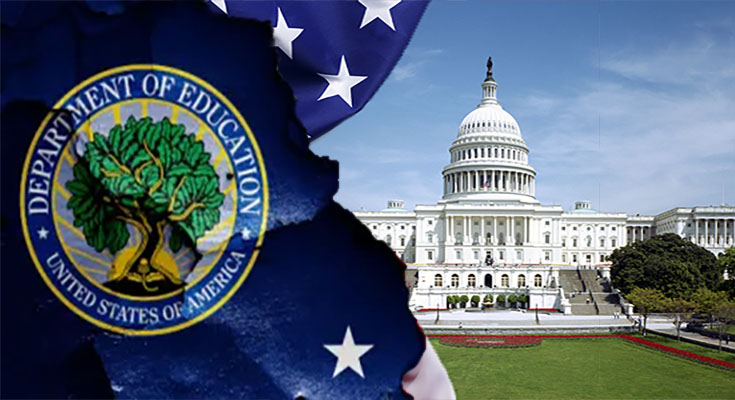
Educational Philosophy
Educational philosophy is the study of how education should be designed to provide equal opportunities to all. Unequal distribution of wealth and active discrimination are two main threats to equality in education. While some philosophers favor a qualitative approach to education, others prefer a more quantitative approach to research and methodology. This article will discuss a few important aspects of educational philosophy. It will also explore some of the current debates in education. After reading this article, you should be better equipped to make an informed decision about the educational philosophy that you would like to follow.
Rousseau
Rousseau’s educational philosophy focuses on the continuous self-development of the child. It believes that the child should be the dominant factor in education. In the past, education tended to reshape the child’s “nature.” The natural instincts of the child were not valued. The mind was not regarded as a single unit, but …
Educational Philosophy Read More



